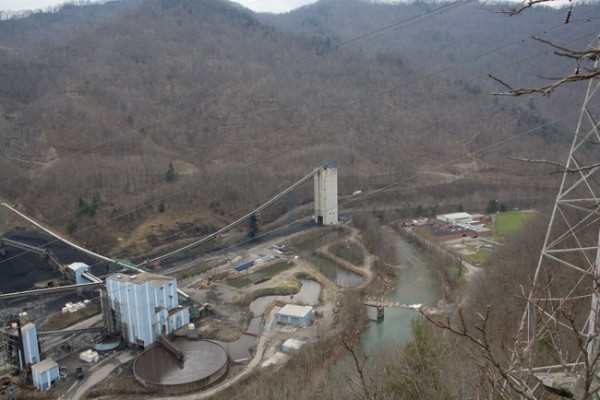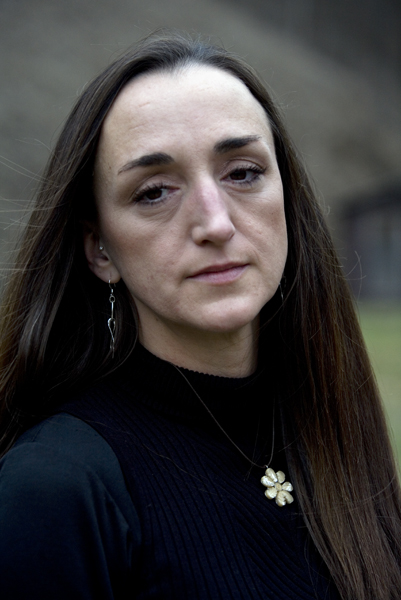FOR IMMEDIATE RELEASE

CONTACT: MIKE O’CONNELL
919-218-5792 / mikeoc@embarqmail.com
CONCERT FUNDS REPLACEMENT OF TOXIC SCHOOL, PROMOTES CLEAN ENERGY
Pittsboro, NC – Spending a summer weekend listening to music will help to ensure a safe school for hundreds of children. How? The Mountain Aid concert June 19-20, 2009 at Shakori Hills Farm in Chatham County, NC benefits Pennies of Promise, a grassroots campaign to construct a new building for Marsh Fork Elementary School in West Virginia.
Tucked into the heart of Appalachia, Marsh Fork Elementary sits in the shadow of a Mountain Top Removal coal mine, just 225 feet from the coal silo and 400 yards downstream from a leaking dam holding back nearly three billion gallons of toxic sludge. Independent tests prove coal dust contaminates Marsh Fork Elementary, a direct threat to the children’s respiratory health. Grandfather Ed Wiley began Pennies of Promise after his granddaughter got sick and West Virginia leaders told him the state could not afford a new school in a safer location. The goal? Raise eight million dollars and create a healthy future for the children of Appalachia. That’s where Mountain Aid comes in.
Grammy-winning singer and songwriter and West Virginia native Kathy Mattea will emcee and headline Mountain Aid. “Hosting Mountain Aid is the best way I can think of to spend my 50th birthday. I love these mountains, and to celebrate them and unite with others who love them, through music, is a great opportunity,” Mattea says. Other performers include Ben Sollee, named one of NPR’s “Top Ten Unknown Artists” of the year for 2007; American music icon Donna the Buffalo; and roots rockers the Sim Redmond Band.
Advance tickets for Mountain Aid are on sale now for $22.50 ($30 at the gate). On-site camping, food and craft vendors will be available. For more details, visit www.mtnaid.com.
Why hold Mountain Aid in North Carolina? According to Duke Energy, North Carolina is the number two consumer of Mountain Top Removal coal in the country. Additionally, a bill before North Carolina lawmakers would ban the use of Mountain Top Removal coal in the state. Mountain Aid organizers hope both to raise funds for Pennies of Promise and to create awareness and support for clean energy.
Mountain Top Removal mining, the practice that causes the environmental harm in and around Marsh Fork Elementary, is the subject of the award-winning documentary, “Mountain Top Removal,” directed by Michael O’Connell.
“Mountain Top Removal” has played film festivals domestically and internationally and won the Reel Current award selected and presented by Vice President Al Gore at the 2008 Nashville Film Festival. In conjunction with Mountain Aid, the film will screen on June 19 at 7:30 p.m. at the Carolina Theatre in Durham.
Mountain Aid thanks our generous sponsors Ohio Valley Environmental Coalition and Coal River Mountain Watch.
###


